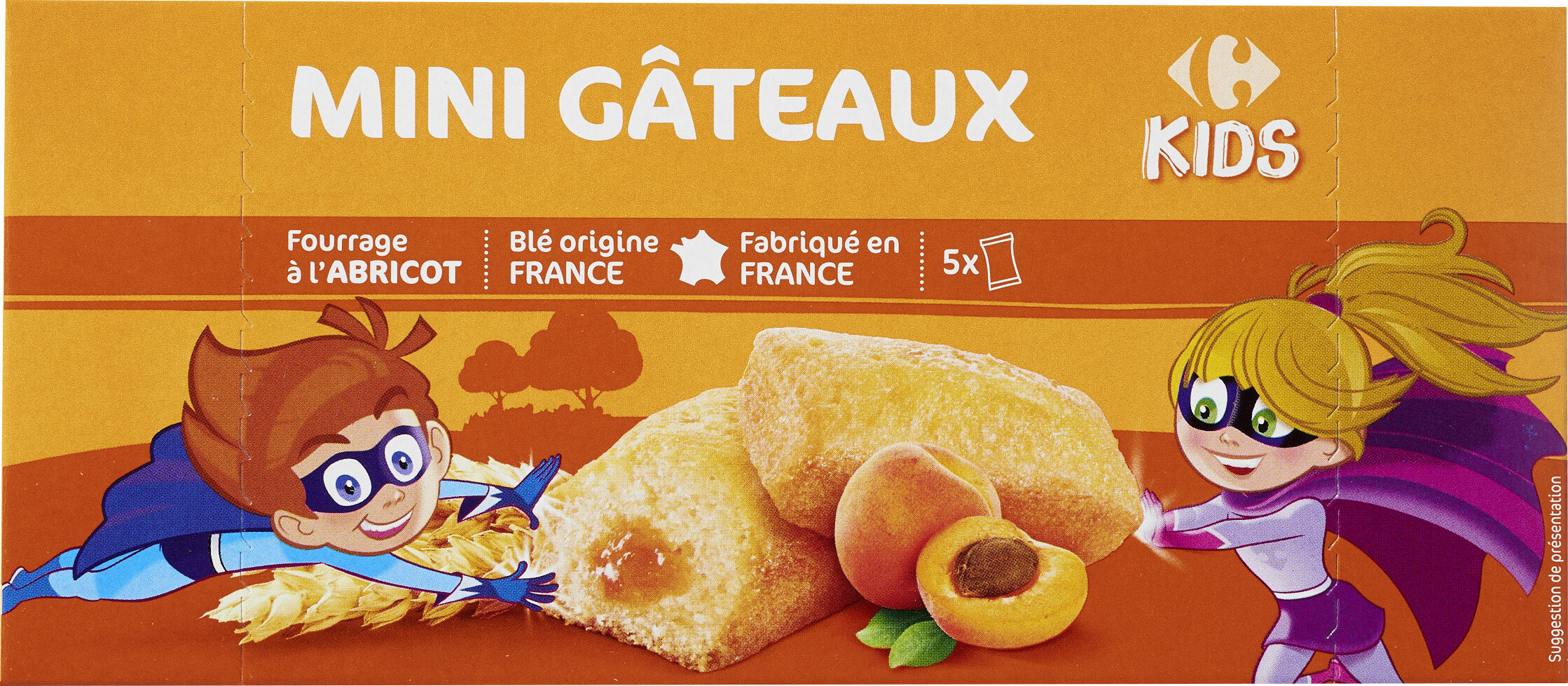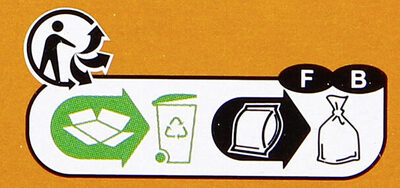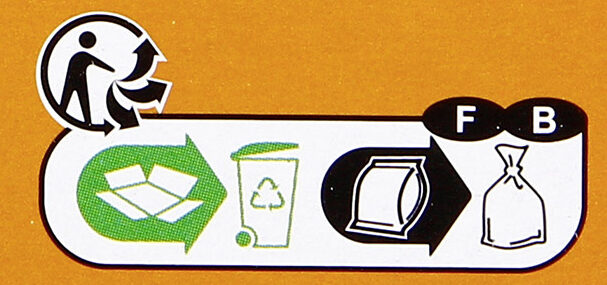Mini pocket fourrage a l'abricot - Carrefour - 150 g
Important note: this product is no longer sold. The data is kept for reference only. This product does not appear in regular searches and is not taken into account for statistics.
This product page is not complete. You can help to complete it by editing it and adding more data from the photos we have, or by taking more photos using the app for Android or iPhone/iPad. Thank you!
×
Some of the data for this product has been provided directly by the manufacturer Carrefour.
Barcode: 3245414260535 (EAN / EAN-13)
Common name: Petits gâteaux avec un fourrage (30%) à l'abricot aromatisé.
Quantity: 150 g
Brands: Carrefour
Categories: Snacks, Sweet snacks, Frozen foods, Biscuits and cakes, Cakes, Filled cakes
Labels, certifications, awards: Made in France
Origin of the product and/or its ingredients: Ces mini gâteaux sont fabriqués en France, à partir de blé français et de fourrage à l'abricot fabriqué en France.
Producer: Fabriqué en France par EMB 29102 pour Interdis
Traceability code: EMB 29102 - Landeleau (Finistère, France)
Stores: Carrefour
Matching with your preferences
Other information
Other information: Fourrage à l'abricot Blé origine France Fabriqué en France Gros picto x5
Conservation conditions: À conserver à l'abri de la chaleur et de l'humidité. Pour une dégustation optimale, à consommer de préférence avant le : voir sur le côté du paquet.
Customer service: Interdis - TSA 91431 - 91343 MASSY Cedex - France
Report a problem
Data sources
Product added on by kiliweb
Last edit of product page on by org-carrefour.
Product page also edited by autorotate-bot, carrefour, ecoscore-impact-estimator, moon-rabbit, openfoodfacts-contributors, quechoisir.










